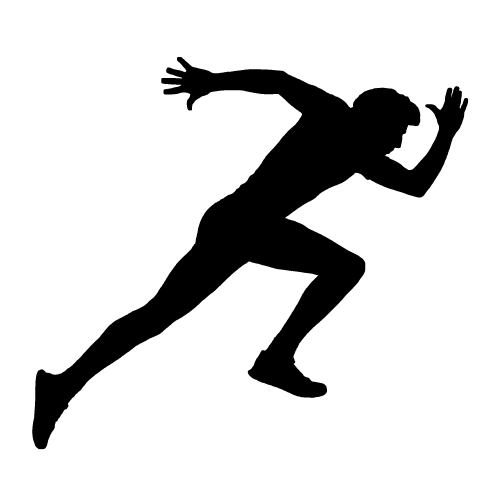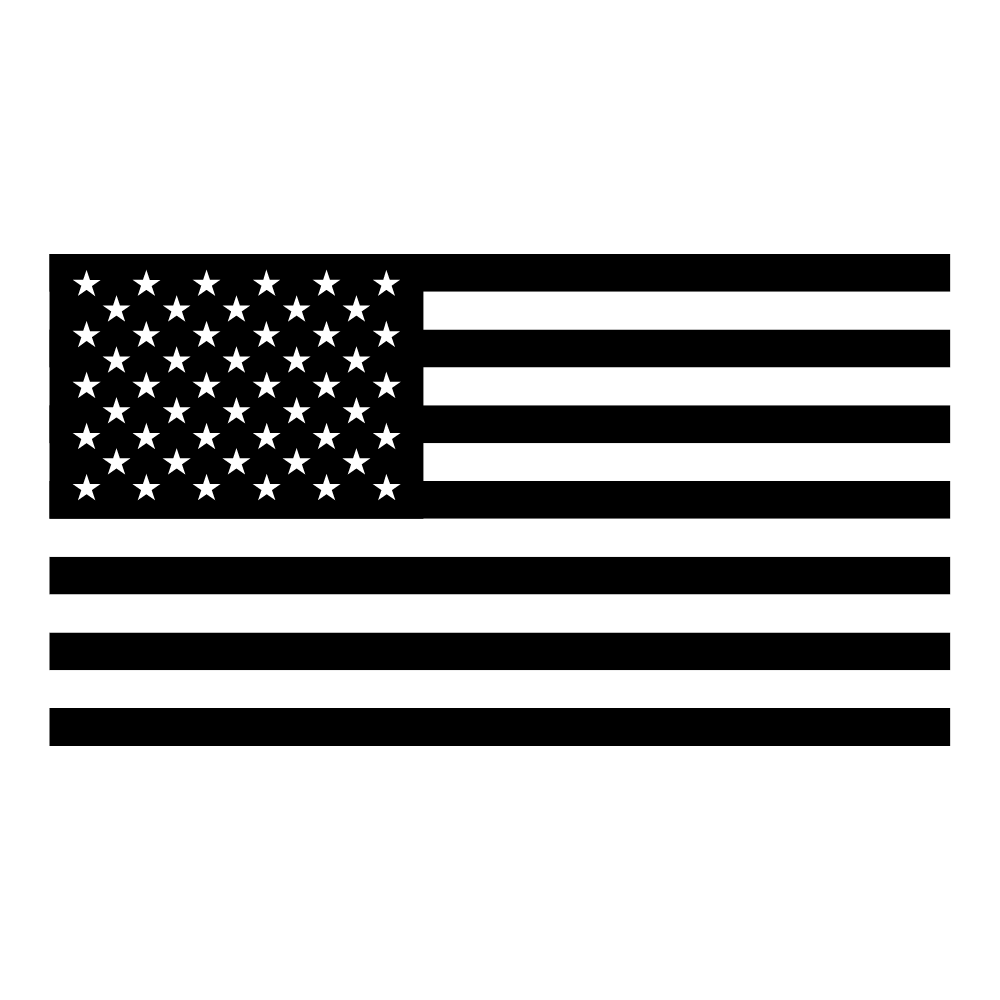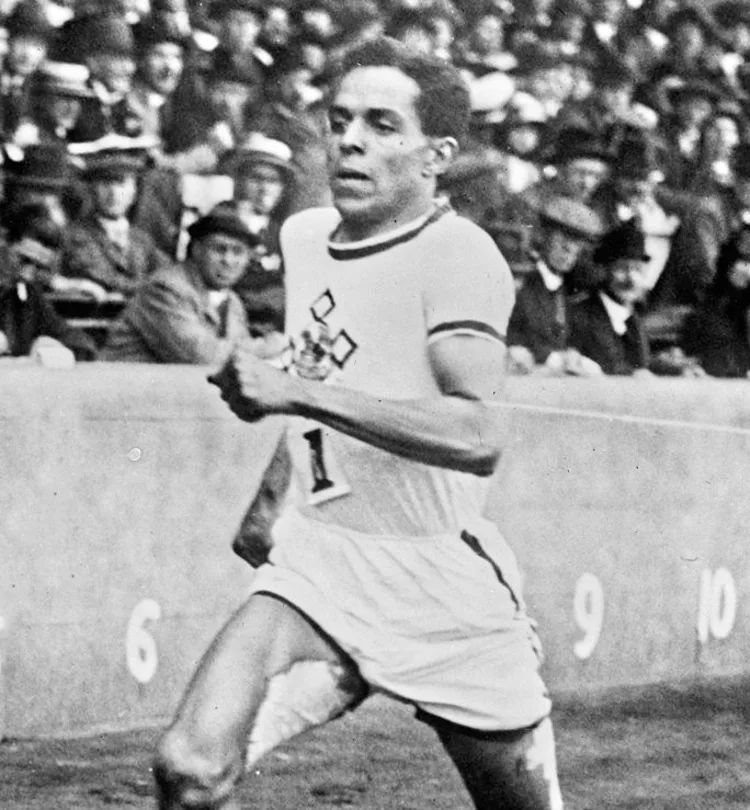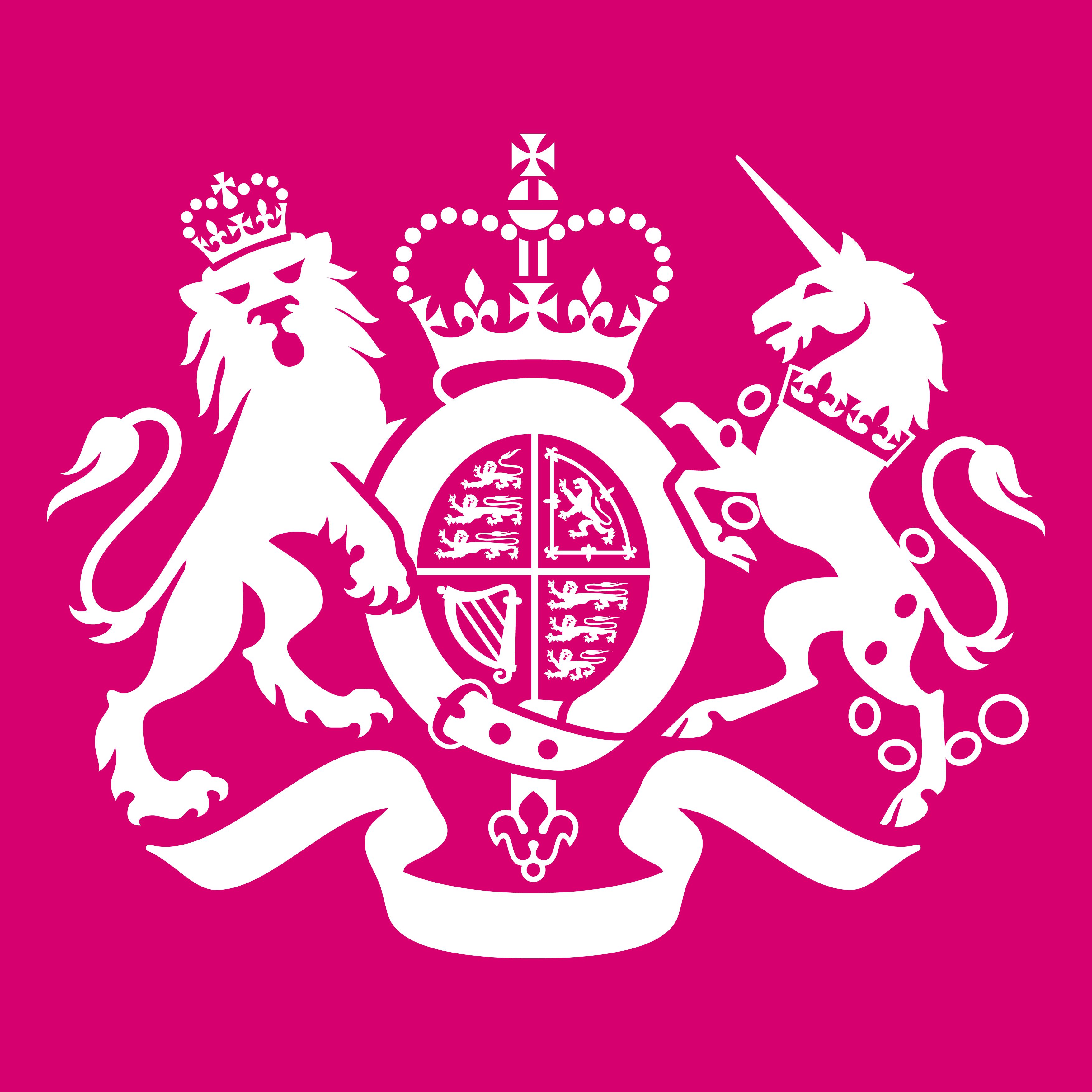Harry Edward - Britain's first Black Olympian
He took 100m bronze at the 1920 Antwerp Games - a historical moment in British Sport.


The big win
As he waited for the start gun to sound, a Belgian official shouted at the American champion Charley Paddock to pull his hands back behind the line. This broke Edward’s concentration and he relaxed a little, expecting a delay or even a call to stand up.
To his surprise, the pistol fired and he was left trailing behind, as the world’s fastest men disappeared in front of him. Somehow, he managed to catch almost all of them as he sprinted down the outside lane, but as the six men reached the finish line, it was Paddock first, Morris Kirksey second and, incredibly, the fast-finishing Edward was judged to have pipped Jackson Scholz on the line for third.
As he climbed down from the podium after receiving his medal, a watching Black American athlete ambled shyly across the in-field to talk to him. “Do you know that you are the first man of colour to stand on the platform of Olympic winners?” he explained.

His family life
Edward was born in Berlin, in 1898, to a Prussian piano teacher and a father who became a cabin boy to escape grinding poverty in the British colony of Dominica, and, arriving in Europe, worked as a circus entertainer.
By the time he was a teenager, Edward was multi-lingual - he could speak fluent German, French and English and was showing both academic and athletic promise. His sprinting abilities were first picked up on at a track meet in Berlin, at the city’s new stadium built to stage 1916 Olympics, where, he placed second in the 100m to the German champion and won the 200m. He was only 16.
It was 28 June 1914. Earlier that day, Archduke Franz Ferdinand had been shot dead - an event that foreshadowed a chain reaction among European governments.

The war would change his life. As a British subject resident in Germany, the secret police soon came and after six months of forced curfew, he was arrested and taken to the outskirts of Berlin, where he was enrolled in the grim Prisoner of War (POW) camp at Ruhleben.


Life in the camp and liberation
Edward lived in the camp for almost four years.
“The quality of the food grew progressively worse; black bread was rendered with sawdust, potato peelings and powdered bones. Horse meat of animals killed at the front was pickled in brine and sent to prison camps. Turnips were served as the only vegetable every day for four to five weeks.”
Ruhleben was one of the first camps to be liberated at the end of the war. In late 1918, Edward found himself in London, where he learned he had passed the exams he had taken in the camp and secured a job as a languages teacher of German and French.
"In this post-war period it was sports again which provided me with an opportunity to emerge as an individual and to express my philosophy.”

Post camp life
Edward's first track meet in Britain was at Stamford Bridge - which today is home to Chelsea FC - and saw him win two prizes. He swept the sprint events at the 1920 Amateur Athletic Association Championships (AAAs) and was selected for the 100m, 200m and sprint relay team at the Antwerp Games. He battled his way through to the final of the 100m, coming third.
But it was 1922 that would go down as the high point of his athletic career, with Edward winning countless titles, handicaps and invitationals - culminating with the AAAs where, inside one hour, he placed first in the 100, 220 and 440-yard finals, a record that has never been beaten.
But in those strict amateur days the biggest prize he could earn was seven guineas (the equivalent of approximately £7.30 today).

“Upon my setting foot on the soil of the United States of America I learned very soon that among all the classifications given me, the designation ‘Negro’ was the most significant.”


Emigrating to the US
In 1923, inspired by an invitation to run at New York’s Yankee Stadium, Edward emigrated to the US.
His performances on the US tracks weren't successful, but he continued his extraordinary life story odd-jobbing around New York, then moving to Philadelphia. He returned to New York in the 1930s, and became the administrative director of the Negro Theatre, working with the likes of John Houseman and Orson Welles, and staging the first version of Macbeth with a fully Black cast. He spent the second world war heading an affluent rationing operation for the Office of Price Administration, and when this came to an end, he volunteered to join the newly formed UN Relief and Rehabilitation Administration. They sent him to Greece.
En route to Greece, he returned to London for the first time and wondered how he would be treated.
“After disembarkation at Poole all passengers had to pass through British security. The supervising officer of that service looked at my American passport then bestowed a long look upon me ending in the query: ‘Ain’t you Harry Edward of the Poly Harriers, the former British champion?’”

Post war life
After the war, Edward returned to the US and found another clerical job, this time at the New York Employment Office, a role he continued until retirement in the late 60s.
However, during this time, he continued to work abroad and travelled to Vietnam to set up a US sponsored foster-kids programme, and worked at the UN and the New York mayor’s office, greeting foreign dignitaries.

Edward should be remembered as a legend of British sport, but sadly, he isn’t. When he died, following a heart attack on a trip to visit his sister Irene in Germany in 1973, the New York Times printed a five-paragraph obituary, while the Black New York Amsterdam News printed a larger article, alongside a picture of Edward with King George V back in 1922. Not a single line was printed in the British press.
This piece is an edited extract from The Fastest Men on Earth: The Inside Stories of the Olympic Men’s 100m Champions by Neil Duncanson, published by Welbeck Press on 27 May

A summary of Edward's sporting achievements
-Won Bronze in 100m and 200m (1920 Summer Olympics in Antwerp)
-In the AAA championships, he came first in the 100yd and 220yd in 1920-1922
-In 1922 he also took the 440yd title (a record that has never been beaten


